
Experts are urging the Government to scrap the two-child benefit rule to “lift 250,000 children out of poverty”.
The Children’s Prosperity Plan is campaigning against the rule which means Child Tax Credit and Universal Credit claimants get means-tested support for their first two children only.
This call to action comes alongside three other proposals to tackle the fact around three in 10 children are living in relative poverty in the UK, according to figures from the DWP.
These additional proposals include abolishing the benefit cap, which limits the amount someone of working age can claim from payments.
Furthermore, the campaign is lobbying for the Government to increase Child Benefit rates by £20 per child a week.
Finally, the Children’s Prosperity Plan is recommending the maximum deduction rate for Universal Credit is lowered from 25 per cent of the standard allowance to 15 per cent.
Have you been affected by the two-child benefit limit? Get in touch by emailing money@gbnews.uk.
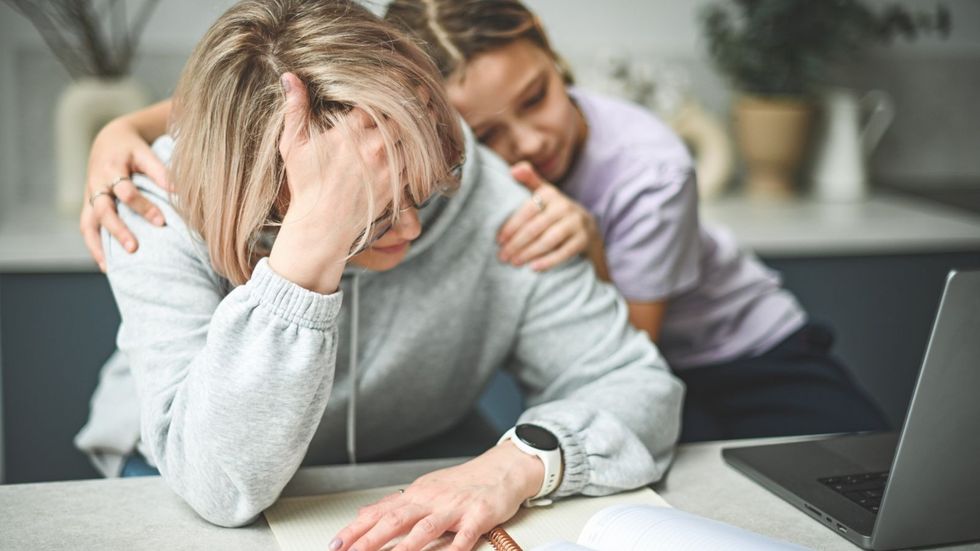
Campaigners are urging the Government to scrap the two-child benefit cap
GETTY
What is the two-child limit?
Under the cap, Universal Credit or Child Tax Credit claimants are unable to receive financial support for a third or additional child born after April 2017.
This was first introduced in 2017 to “incentivise” parents to move into work or take up more hours, according to former Chancellor George Osborne.
The Government considers a child as “anyone aged under 16, or a young person aged under 20 who enrolled on, accepted or started full-time non-advanced education, such as A-levels, or approved training before they turned 19”.
Both the Conservatives and Labour have pledged to keep the two-child limit in place ahead of the next election with Sir Keir Starmer infamously reversing his previous position on this issue.
Are there exceptions to the two-child limit?
Depending on someone’s circumstances, families could continue receiving means-tested DWP support even if they have more than two children.
According to charity Turn2Us, here are the known exceptions to the benefits cap on families:
If a third child was born before April 2017, is disabled or the claimant qualifies for an exception in Child Tax Credit, the two-child cap may not apply.
According to the Children’s Prosperity Plan, scrapping this DWP rule could see a quarter of a million British children pulled out of poverty.
Becca Lyon, the head of Child Poverty at Save the Children UK, described the benefit cap on families as “unacceptable”.
She explained: “The two-child limit to benefits is an arbitrary rule that has done nothing but penalise children and leave families in unacceptable levels of poverty.
“We know first-hand that when one child in a family misses out on this money, all children suffer, with less for essentials, food, and experiences.
LATEST DEVELOPMENTS:
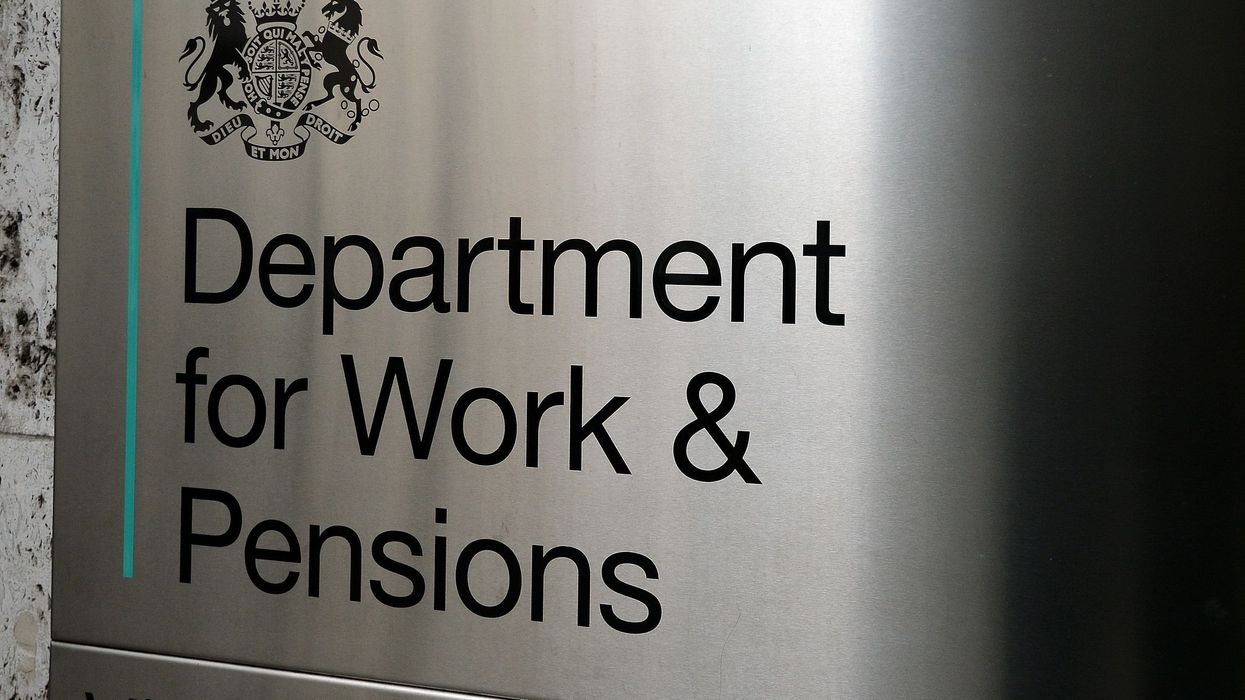
Parents who have a third child born after April 2017 may not be able to receive means-tested support from the DWP
PA
“Any future government serious about taking one million children out of poverty, as the Children’s Prosperity Plan outlines, must abandon this cruel austerity-era policy.”
A DWP spokesperson told GB News: “There are 1.1 million fewer people living in absolute poverty compared to 2010, including 100,000 children and our £108billion cost of living support package prevented 1.3 million people falling into poverty in 2022/23
“Children are five times less likely to experience poverty if they are living in a household where all adults work compared to those in workless households.
“That is why we have reduced the number of children living in workless households by almost 700,000 and are rewarding hard work by raising the National Living Wage and cutting taxes, while our Back to Work Plan with expanded childcare support for parents will help over a million people to find, stay and succeed in work.”
24World Media does not take any responsibility of the information you see on this page. The content this page contains is from independent third-party content provider. If you have any concerns regarding the content, please free to write us here: contact@24worldmedia.com
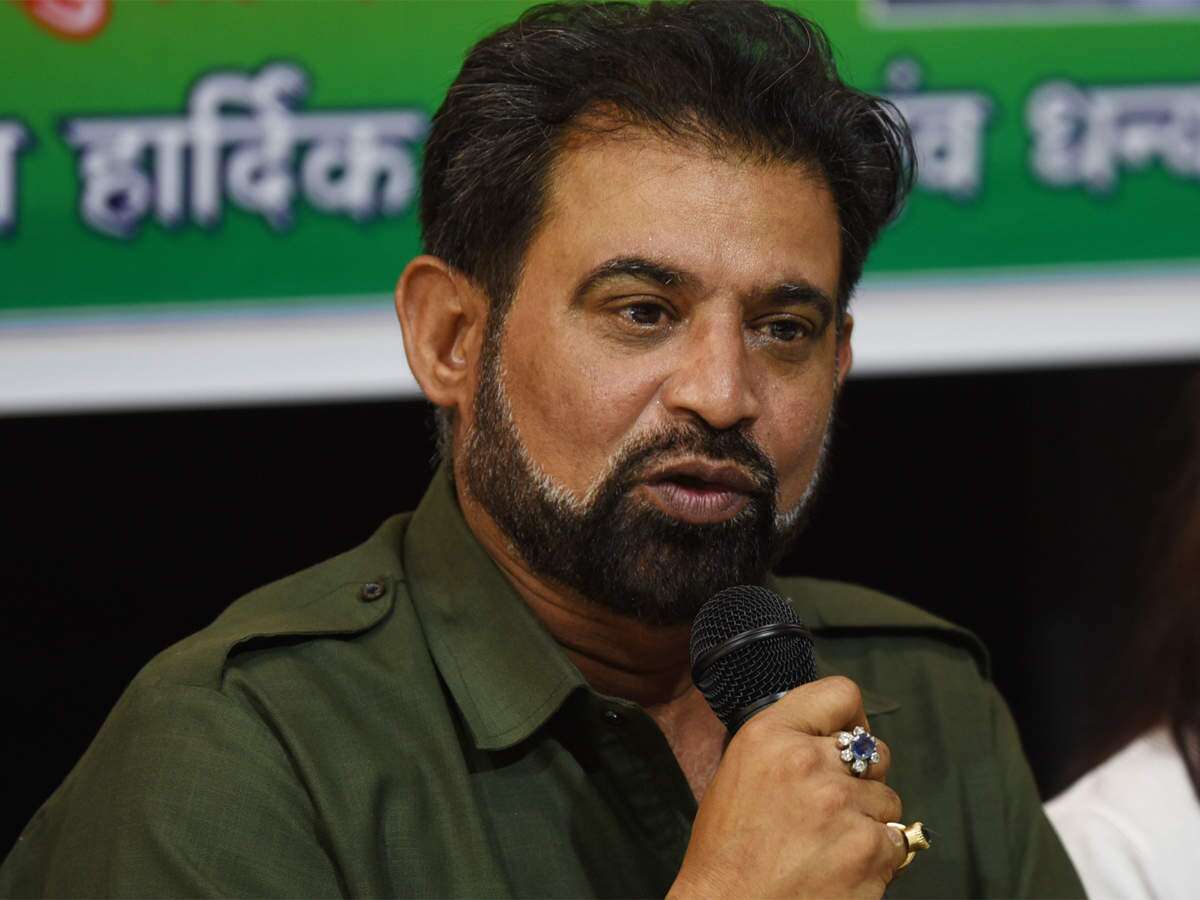
3 Indian Players Whose Careers Were Ruined Because Of Chetan Sharma Selection Committee
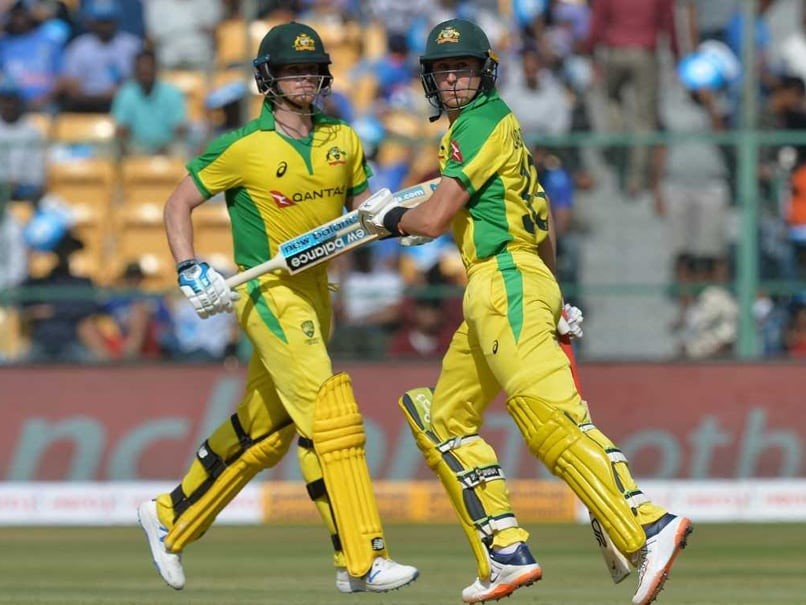
Marnus Labuschagne Caught Off-Guard By ODI Captain Call After Steve Smith Snub
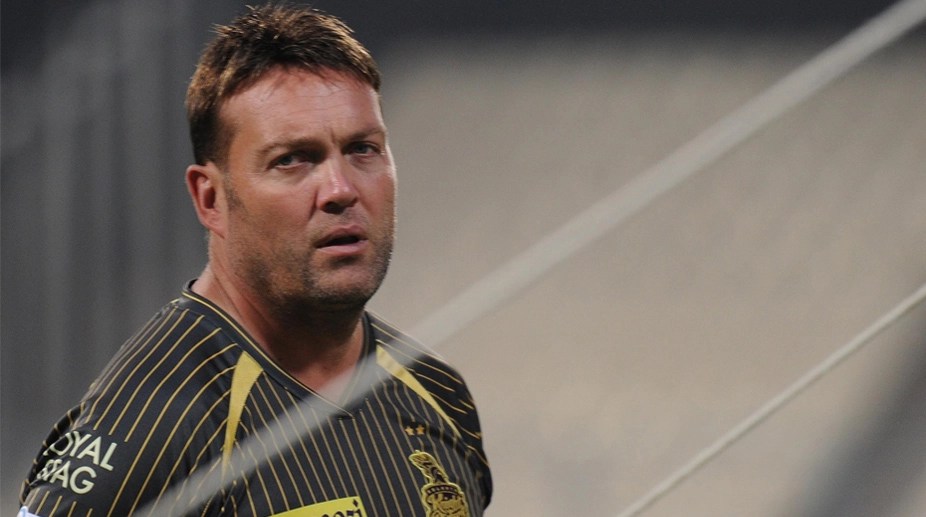
Everyone Is Looking Forward To It, The Standard Will Be Very High – Jacques Kallis On CSA’s SA20
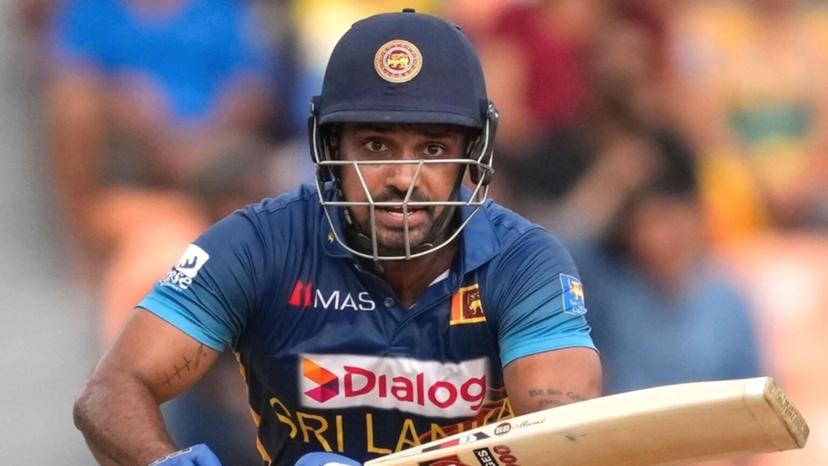
Danushka Gunathilaka Granted Bail On Sexual Assault Charges

Ramiz Raja Sends Legal Notice To Kamran Akmal For Defamatory, False Claims Against The Board
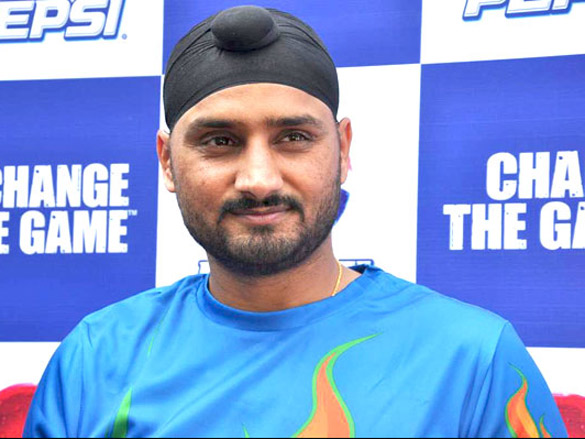
Harbhajan Singh Reckons Mumbai Indians Should Release Kieron Pollard Ahead Of The IPL Auction 2023
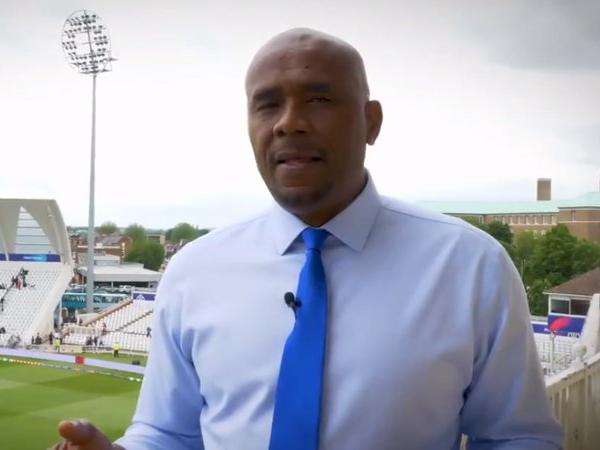
Ian Bishop Praises Sam Curran For His Performances On Bouncy Australian Tracks

Why Choose A Career In Child Psychology?